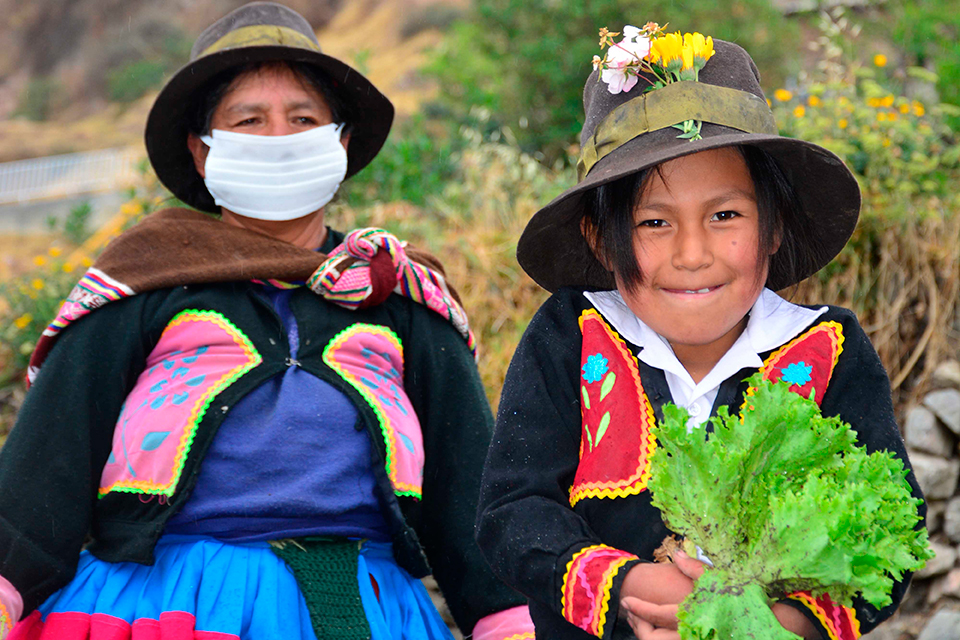Indigenous women of the Argentine Chaco receive help from FEIM, CHIRAPAQ and UN Women during the COVID-19 pandemic
“The COVID-19 pandemic reached our neighborhoods quickly," says Aldana Martín González, a member of the Native Council of Indigenous Women of the Chaco (CONAMICH) from the neighborhood of El Gran Toba, in the city of Resistencia, capital of the Argentine province of Chaco. According to Ms. Martin Gonzalez, "health, from the perspective of our indigenous people, is the achieving the equilibrium of living well, therefore, when we talk about the right to health of indigenous peoples, we must consider their physical, spiritual and emotional health. Our ancestors did not suffer from illnesses because they lived in harmony in their territories, there was good food, good medicine, our way of life was very different from the current one".Date:

The Chaco was one of the first provinces in Argentina to be affected by the COVID-19 pandemic, particularly regarding the health of indigenous peoples, due to the unequal social and economic situation that existed prior to the pandemic. Indigenous women living in the urban area in Resistencia have suffered from a lack of access to economic resources due to their isolation and the enormous number of infections that the area has suffered," continues Aldana.
In this situation of need, an alliance emerged between FEIM, CHIRAPAQ, and UN Women to provide food, medicine, and prophylactics in the El Gran Toba neighborhood, benefiting 930 indigenous families. CONAMICH and the National Coordinator of Indigenous Women (CONAMI) were involved in the logistics, and, with the support of indigenous youth, they coordinated the distribution. "While we are still in pain, mourning those who have left, it has been comforting to know that we are not alone in this journey," Aldana shares.
Laura Pérez, one of the young women who collaborated in the distribution, highlighted the absence of the State in the neighborhood and the work that indigenous youth and women put into distributing this aid that "they were able to provide to artisans, the majority of whom were older people, the group most affected by the pandemic, that deepens the inequalities that we continue to fight through indigenous solidarity.”